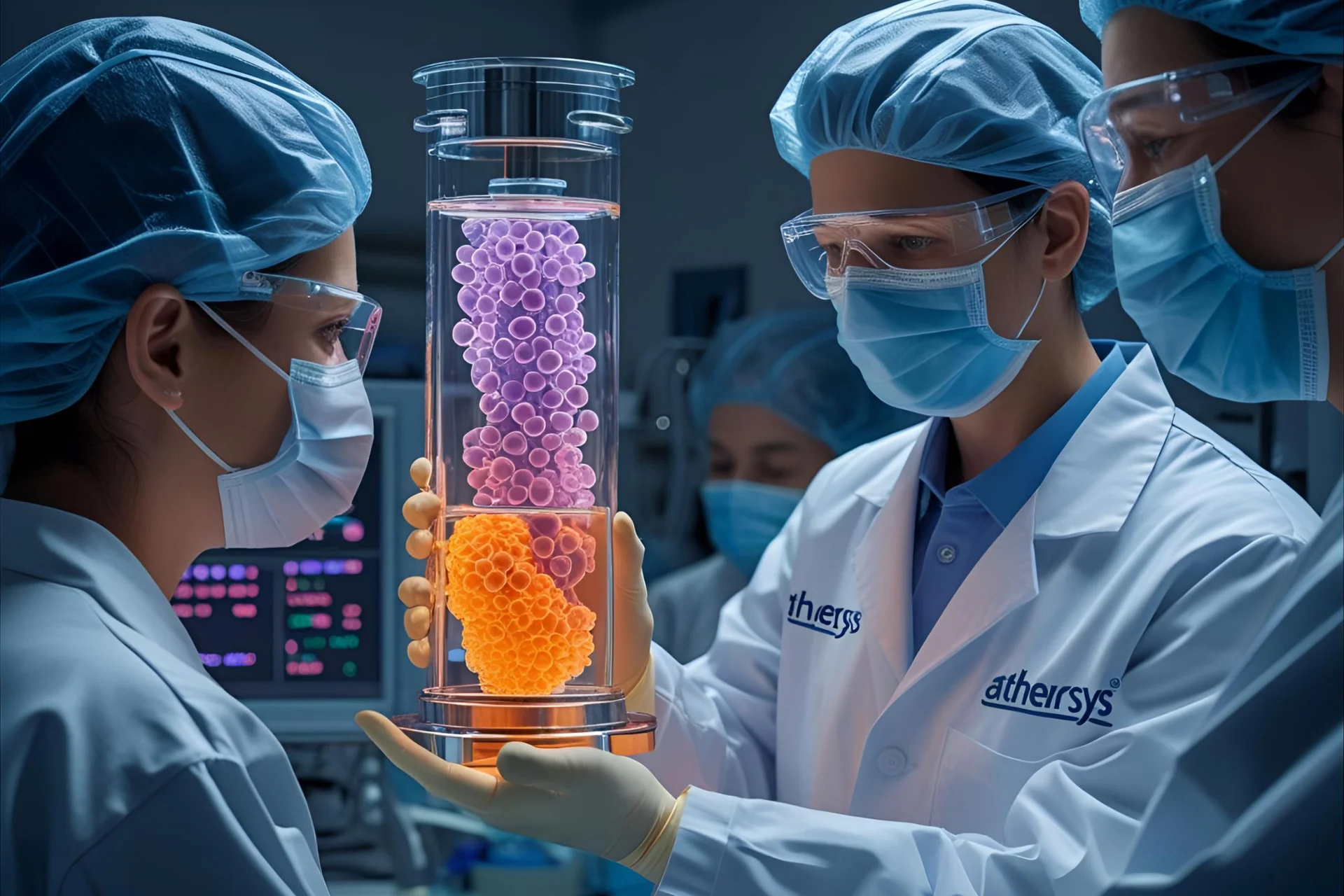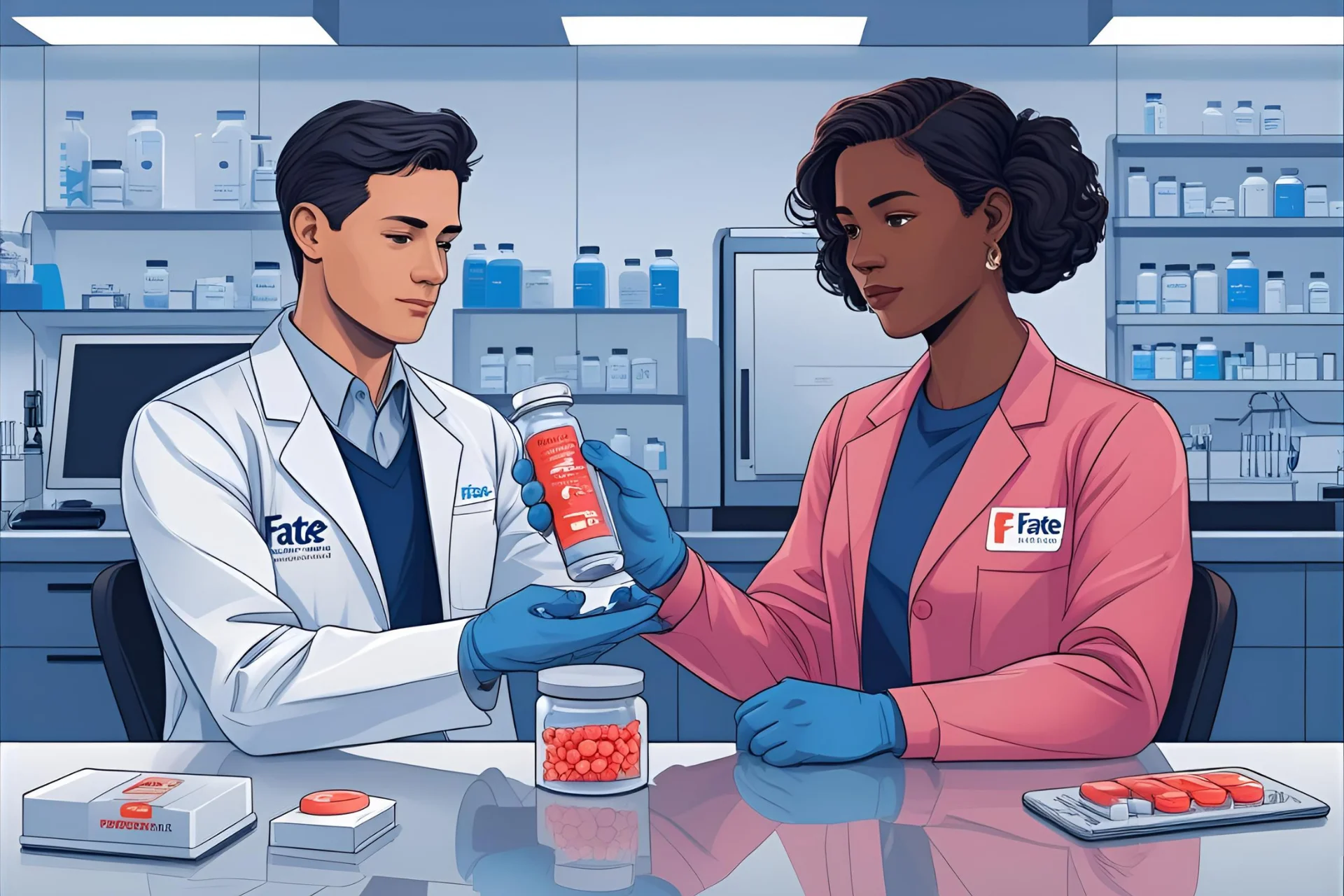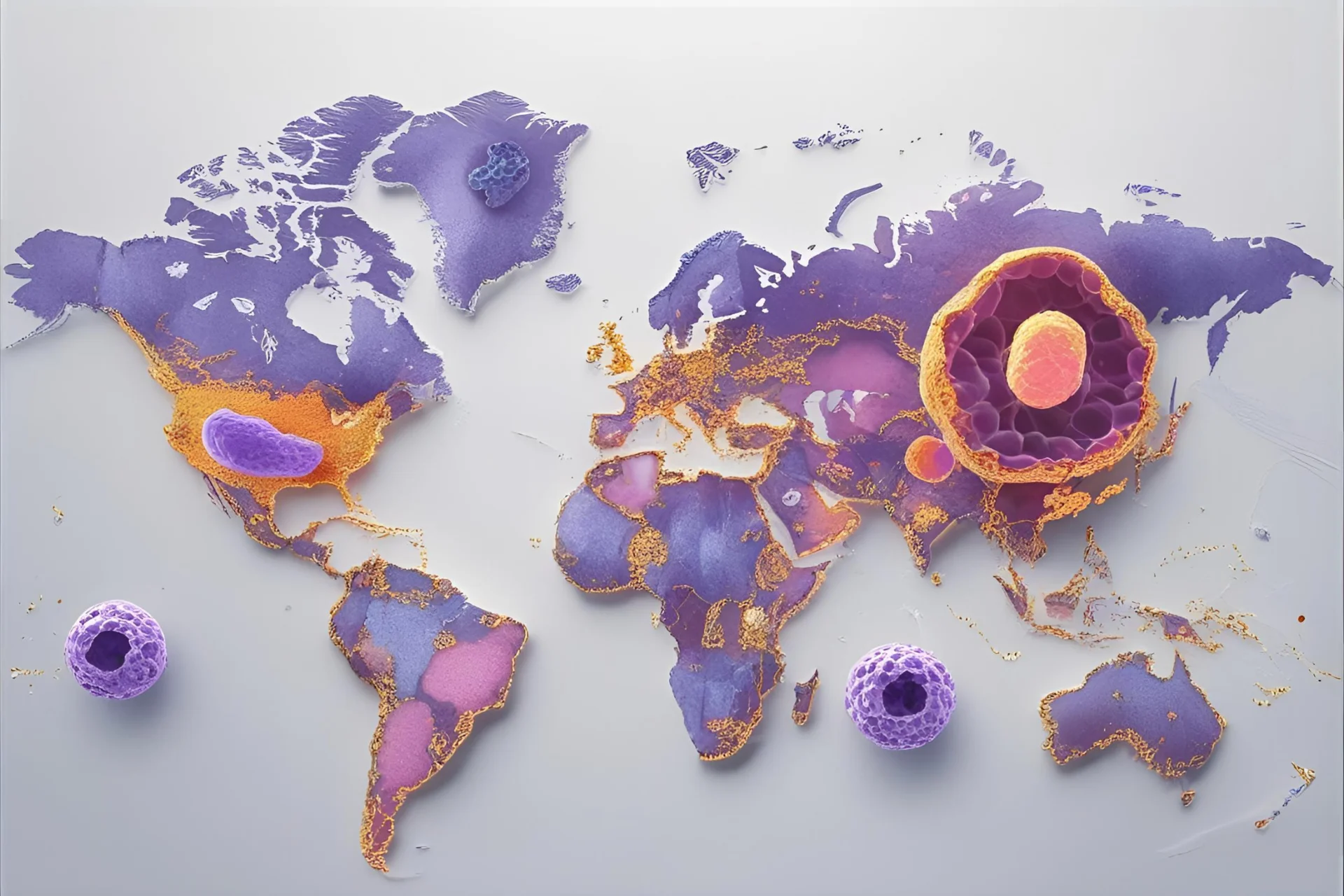Mesenchymal Stem Cell News: Breakthroughs, Trials, and Emerging Therapies in 2025
As regenerative medicine advances, mesenchymal stem cells (MSCs) continue to dominate headlines in both clinical and biotech sectors. In 2025, the field has seen exciting progress in MSC therapy research, from FDA updates and clinical trials to biotech innovations and exosome-based treatments. This article compiles the most important mesenchymal stem cell news, including scientific breakthroughs, regulatory updates, and commercial developments shaping the future of cell-based therapy.

Breakthroughs in MSC Therapy in 2025
The year 2025 has brought significant breakthroughs in mesenchymal stem cell (MSC) therapy, with promising developments in clinical research, regulatory milestones, and advanced therapeutic approaches especially in exosome-based applications.
New Clinical Trial Results
Multiple clinical trials registered on ClinicalTrials.gov have reported encouraging outcomes for MSC-based treatments in autoimmune and degenerative diseases. Notably:
A Phase II trial using allogeneic MSC injections for lupus showed measurable improvements in inflammation control and symptom reduction.
Researchers testing umbilical cord-derived MSCs in osteoarthritis patients reported enhanced cartilage regeneration and pain relief.
In the neurological space, MSC therapy demonstrated early success in improving motor functions in patients with spinal cord injuries.
These studies confirm the multilineage potential and immune-modulating properties of MSCs in diverse therapeutic settings.

FDA Fast-Track Designations
In response to strong early data, the U.S. FDA has granted Fast Track Designation to several MSC-based therapies. One standout case is a therapy developed for treatment-resistant graft-versus-host disease (GVHD), which uses bone marrow-derived MSCs.
These designations help accelerate the development and review process, allowing patients quicker access to novel, potentially life-saving treatments.
Innovations in Exosome-Based Therapy
One of the most exciting advances in MSC research is the rise of exosome-based therapy. These mesenchymal stem cell-derived exosomes function as nano-carriers, delivering anti-inflammatory and regenerative molecules without using whole cells.
This cell-free therapeutic approach has shown particular promise in:
Companies like Fate Therapeutics and ExoCoBio are pioneering this space, combining GMP manufacturing with precision targeting and advanced delivery systems.
Ongoing Clinical Trials and Research Highlights
As the demand for regenerative treatments grows, mesenchymal stem cell (MSC) research continues to accelerate globally. In 2025, hundreds of ongoing clinical trials are investigating the safety and effectiveness of MSC-based therapies for a wide range of conditions. Much of this research is publicly available through trusted platforms like ClinicalTrials.gov and is paving the way for new medical standards.
This cell-free therapeutic approach has shown particular promise in:
Highlights from ClinicalTrials.gov
As of mid-2025, ClinicalTrials.gov lists over 1,100 active trials involving mesenchymal stem cells, with a focus on both autologous and allogeneic applications. These studies span multiple disciplines including immunology, orthopedics, neurology, and pulmonology.
Research centers in the U.S., Europe, China, and South Korea are leading investigations into MSC differentiation, dose optimization, and delivery methods, often in collaboration with biotech firms and academic institutions.
Trials in Osteoarthritis, Lupus, COVID-19, and MS
Some of the most promising MSC trials in 2025 target high-burden chronic and inflammatory diseases:
Research centers in the U.S., Europe, China, and South Korea are leading investigations into MSC differentiation, dose optimization, and delivery methods, often in collaboration with biotech firms and academic institutions.
Advances in Allogeneic MSC Therapy
Allogeneic MSC therapy using cells from healthy donors is showing rapid clinical adoption due to its scalability and low immunogenicity. Unlike autologous procedures, which require extracting and processing the patient’s own cells, allogeneic therapies offer an off-the-shelf solution.
Biotech companies are now combining GMP-certified cell banking with MSC expansion protocols to deliver standardized, high-quality doses. These advances are key to making mesenchymal stem cell therapy more accessible, affordable, and consistent worldwide.
Regulatory and FDA Updates
The rapid growth of mesenchymal stem cell (MSC) therapy has drawn increasing attention from regulatory bodies worldwide, especially the U.S. Food and Drug Administration (FDA). In 2025, significant developments have emerged in terms of rulings, approvals, and the evolving ethical and legal landscape around MSC-based treatments.
Recent MSC-Related Rulings
To ensure patient safety and scientific integrity, the FDA has intensified oversight of unregulated stem cell clinics. Several enforcement actions were taken against providers offering unproven MSC treatments outside of clinical trials or approved protocols.
At the same time, the agency has streamlined processes for GMP-compliant manufacturers to accelerate access to legitimate MSC therapies particularly those supported by strong preclinical and early-phase data.
Approval Status of Key Therapies
While most MSC therapies remain investigational, a few are progressing through the final phases of FDA review. In 2025, the following notable advancements occurred:
These updates mark important milestones toward full regulatory approval of MSC-based treatments in the U.S.
Ethical Debates and Legal Framework
As MSC applications expand, so do questions around ethical sourcing, patient consent, and equitable access. While mesenchymal stem cells are generally free from the ethical controversy surrounding embryonic stem cells, debates continue about:
Globally, legal frameworks differ Asia is more flexible and innovation-driven, while the EU and U.S. take a stricter, safety-first approach. Organizations like the International Society for Cell & Gene Therapy (ISCT) continue to push for clearer international standards on MSC culture, expansion, and clinical application.
Industry News: MSC Companies and Market Growth
The mesenchymal stem cell (MSC) industry continues to expand rapidly in 2025, with leading biotech firms making strategic breakthroughs in therapy development, manufacturing, and cell engineering. Increased investment and technological innovation are fueling a competitive landscape in regenerative medicine particularly in areas like exosome therapy, cell banking, and CRISPR-enhanced MSC lines.

Mesoblast: Advancing MSCs in Cardiac Therapy
Australia-based Mesoblast made headlines after announcing successful Phase III results for its allogeneic MSC therapy targeting chronic heart failure. The treatment showed significant improvement in patient outcomes and reduced hospitalization rates, putting Mesoblast in a strong position for potential FDA approval under the Regenerative Medicine Advanced Therapy (RMAT) program.

Athersys: Scaling Stem Cell Manufacturing
U.S. biotech firm Athersys secured new rounds of funding in 2025 to enhance its GMP-certified stem cell manufacturing capabilities. The company focuses on MultiStem®, an adult stem cell product based on MSC technology, and is preparing for larger-scale clinical deployment in stroke and trauma cases.

Fate Therapeutics: CRISPR-Edited MSC Innovation
Fate Therapeutics is leading a new wave of CRISPR-based MSC research, developing genetically modified MSC lines for enhanced immunotherapy. Their platform combines gene editing, cell programming, and off-the-shelf allogeneic solutions, aiming to improve both precision and therapeutic durability.

Global Market Trends
The global mesenchymal stem cell market is forecasted to grow substantially in the next five years. Key drivers include:
Asia-Pacific continues to lead in production and clinical deployment, while North America and Europe remain key hubs for regulatory-approved trials and biotech innovation.
As competition intensifies and new technologies emerge, MSC companies are not only shaping the future of cell-based therapy but also transforming how regenerative medicine will be delivered worldwide.
Global Trends and Future Outlook
The global landscape of mesenchymal stem cell (MSC) research and therapy is rapidly evolving, with distinct regional strengths shaping innovation and clinical progress.
Countries like China and South Korea are at the forefront of clinical MSC applications, supported by progressive regulatory frameworks and strong government investment. These regions have accelerated the use of allogeneic MSC therapies, particularly in orthopedics, dermatology, and immune disorders. Their more flexible policies allow for faster clinical translation, patient access, and commercialization of new stem cell-based treatments.
In contrast, Europe is pioneering advancements in bioprinting and scaffold-assisted MSC delivery systems. These technologies are aimed at improving tissue integration, cell retention, and long-term regeneration outcomes. Research hubs in Germany, the Netherlands, and the UK are also exploring hydrogel encapsulation, microcarriers, and 3D-printed tissue scaffolds to enhance the precision and efficacy of MSC therapies.
The Future of MSC Therapy:
The next frontier in mesenchymal stem cell therapy includes several emerging trends:
Platforms that combine machine learning, biomarker analysis, and real-time monitoring are now being tested in early-stage trials, marking a shift toward truly precision stem cell medicine.
